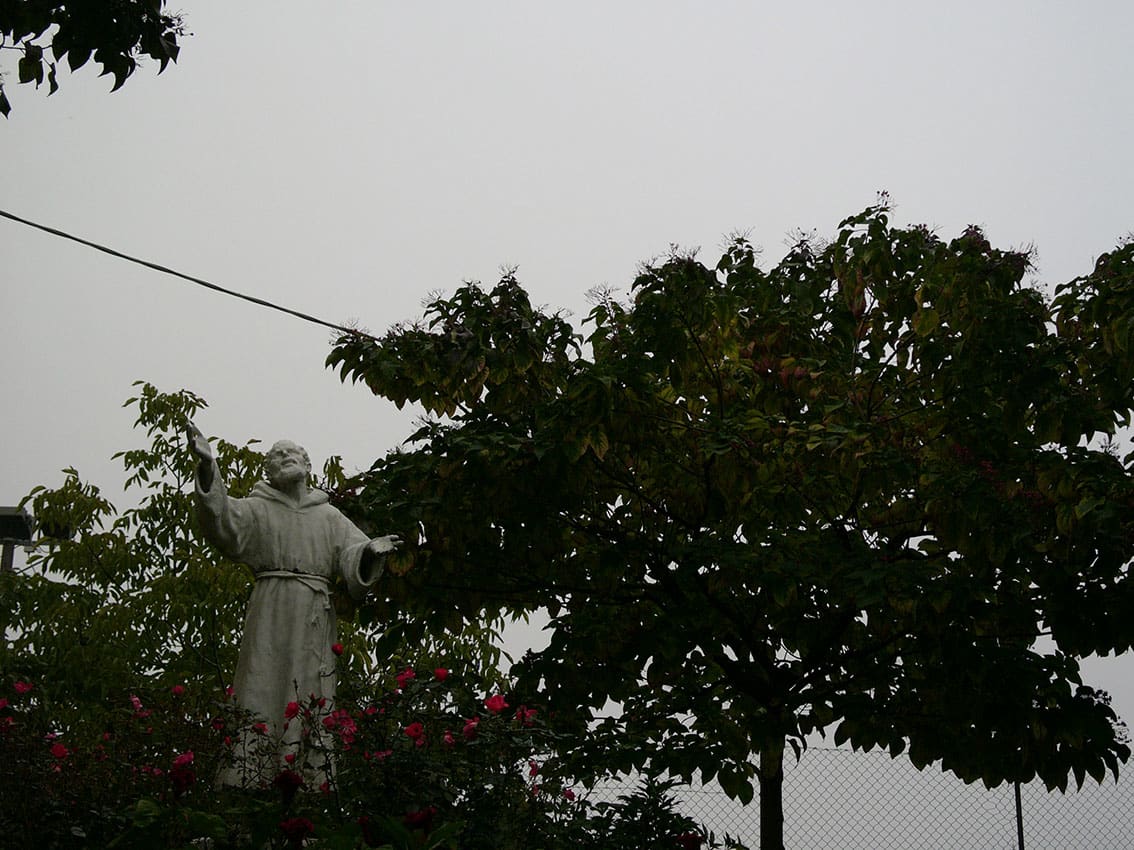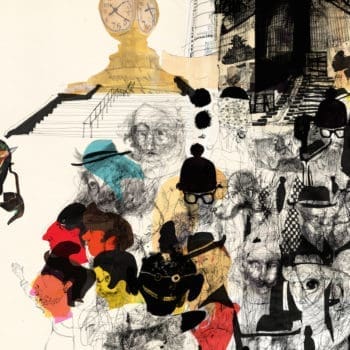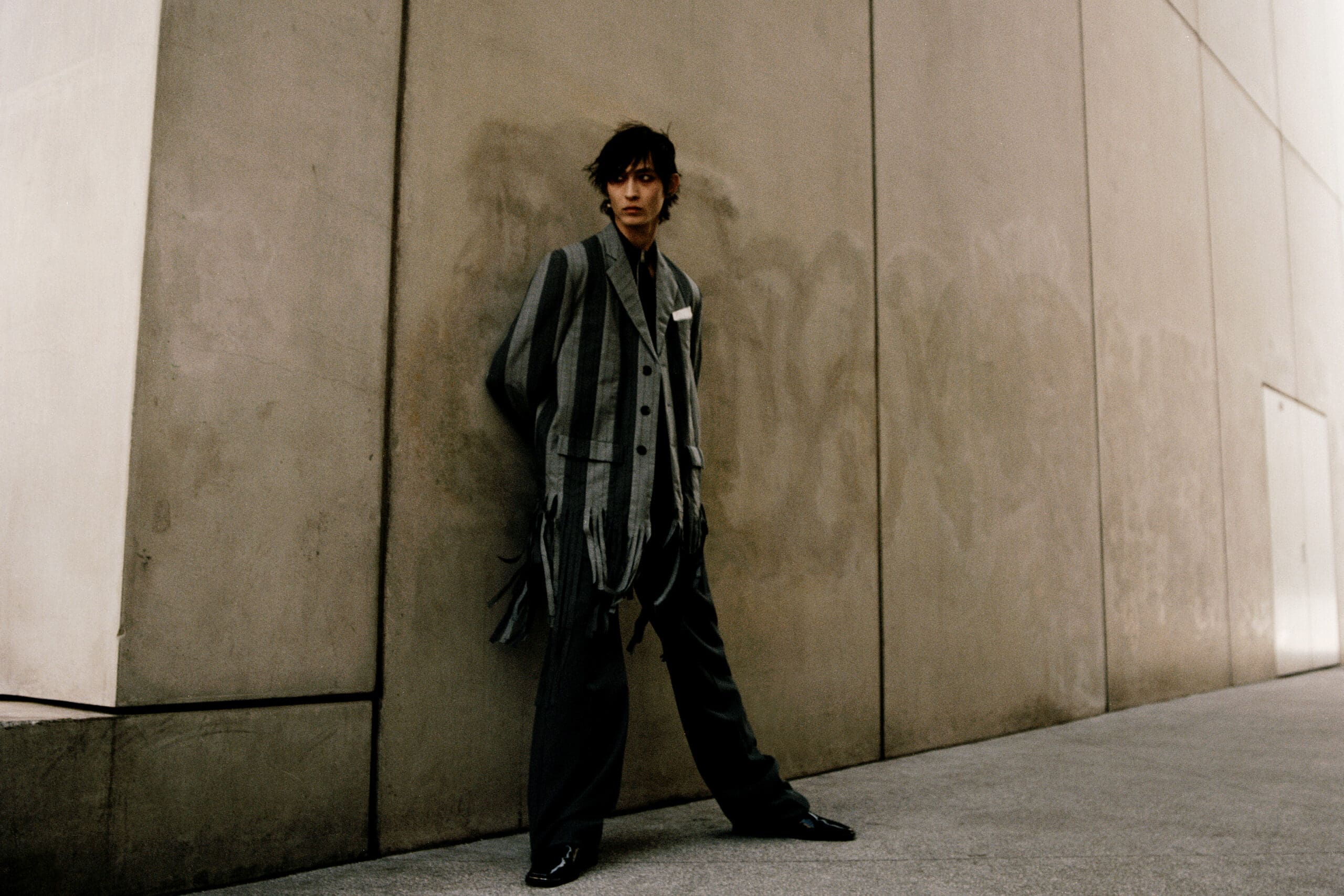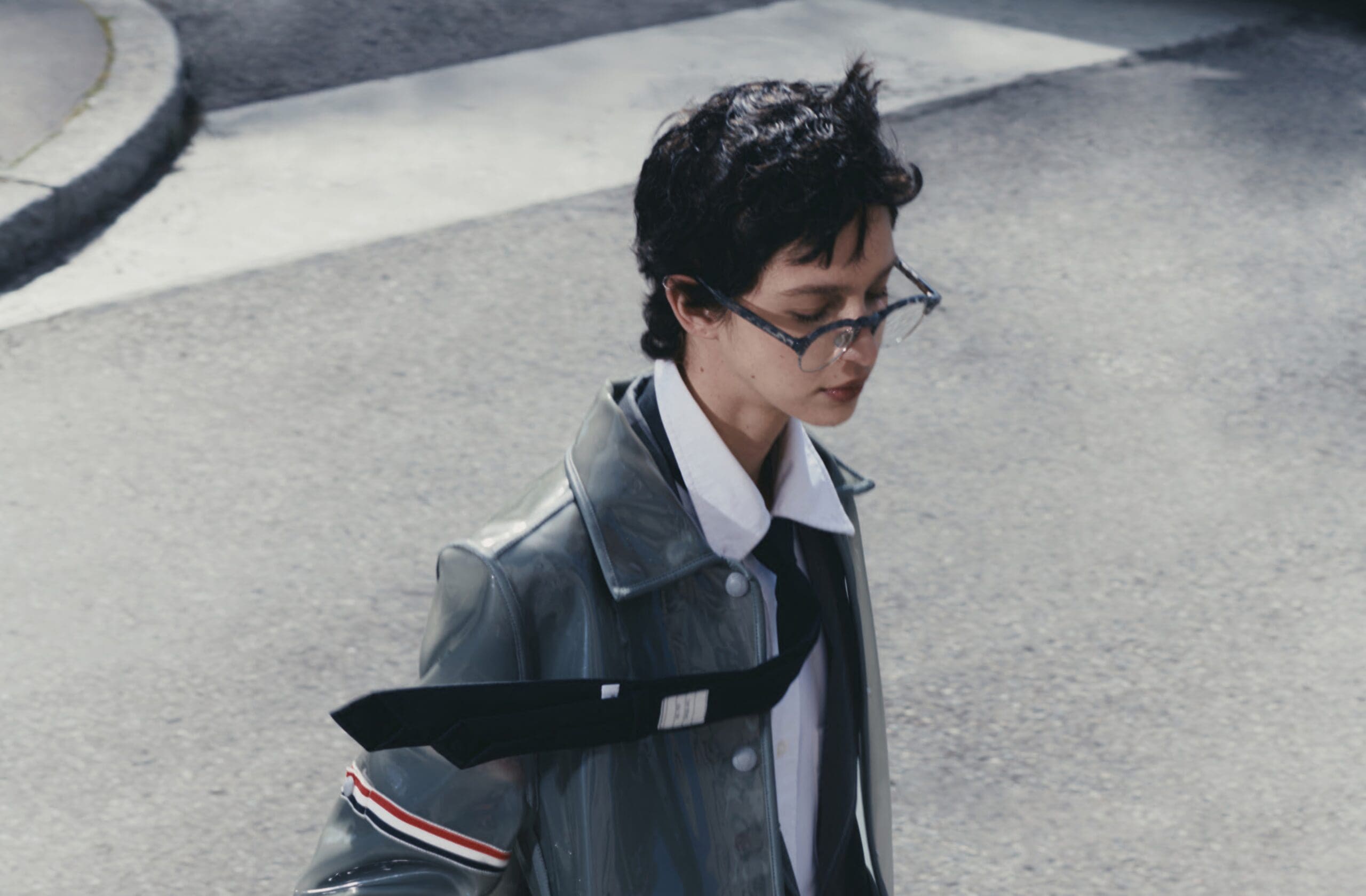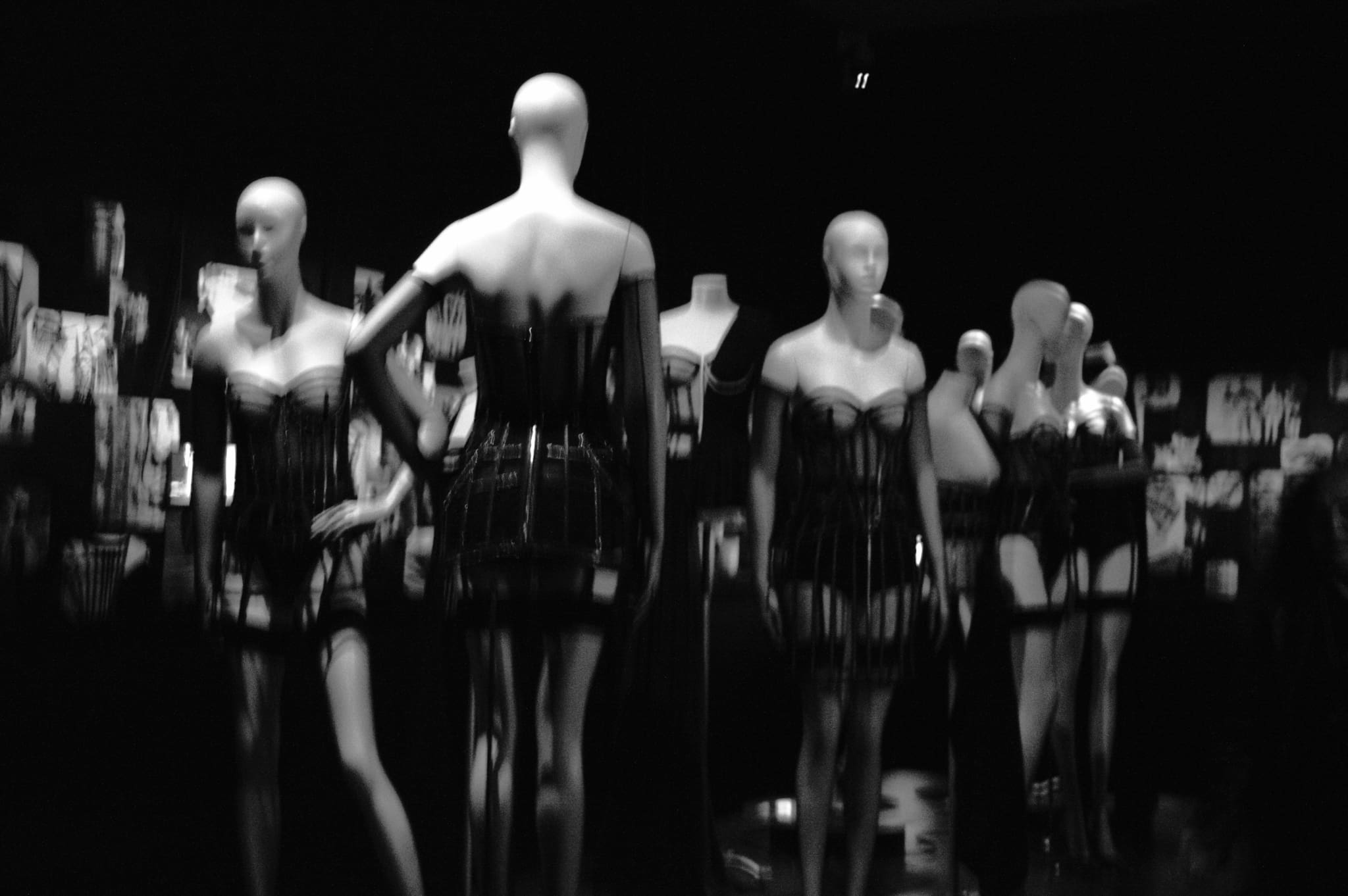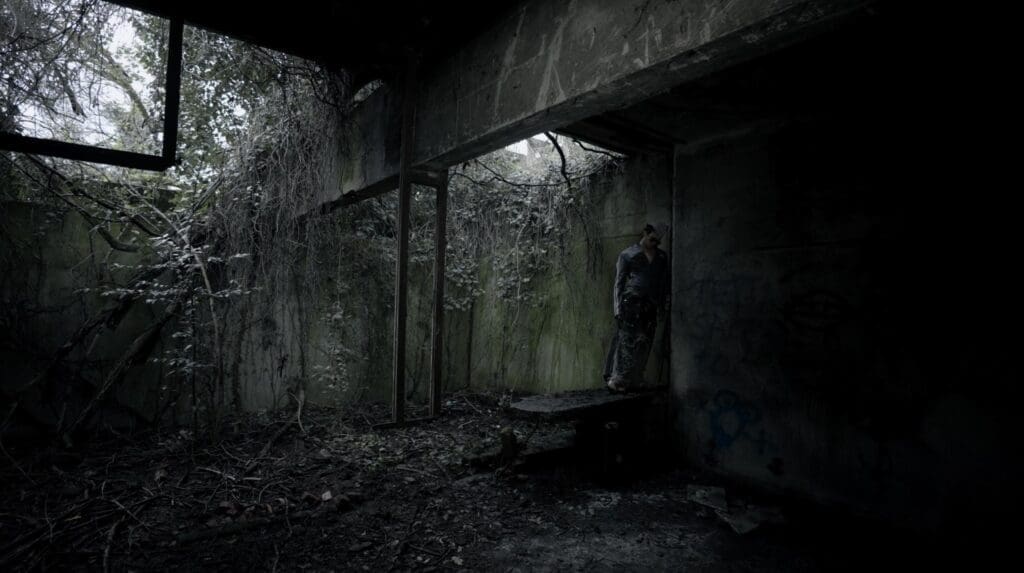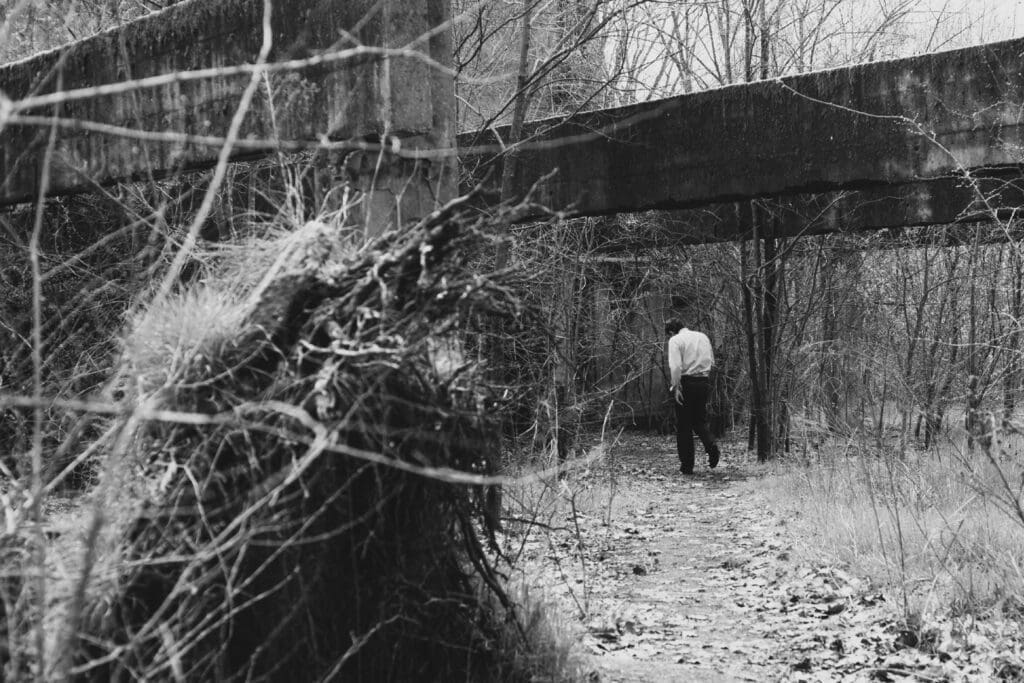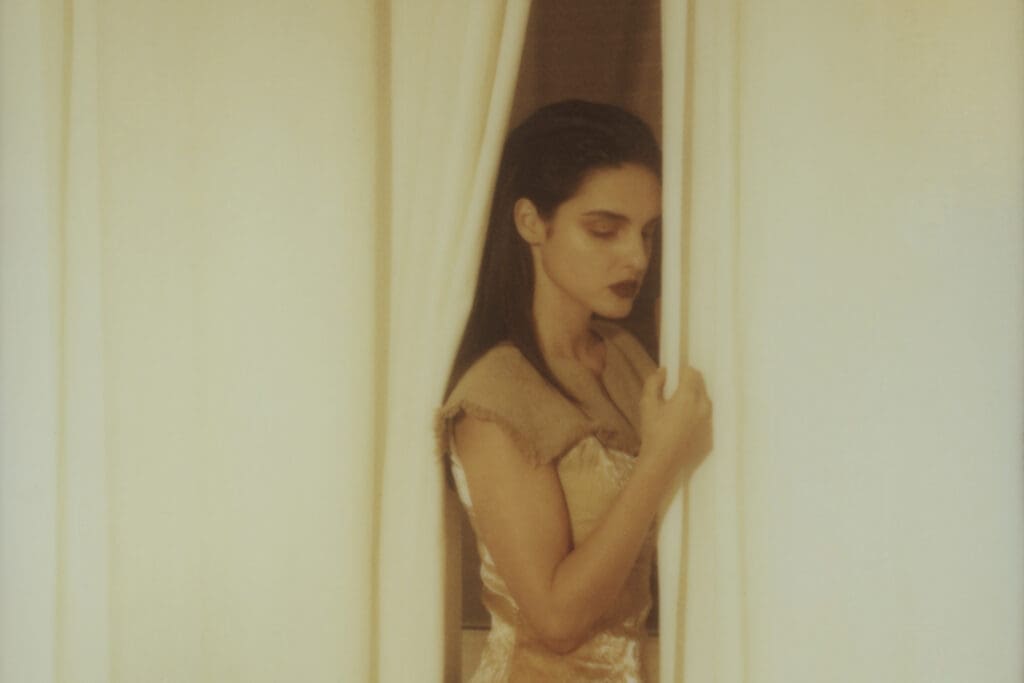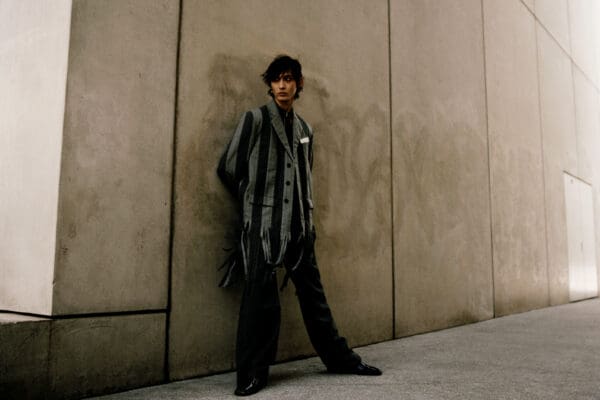by Ersi Sotiropoulos
photography Daniel Area Wakahisa
Issue IX
The mother goes to see the woman every day. She brings her a shish kebab or two, sometimes wine—the woman prefers white—having first asked them at the supermarket to open the bottle. When she returns home she sits in front of the television. Her medicine is lying on an open paper napkin on the small table beside her. “It seems to me that the woman must be happier than I am,” she says, and takes a pill. “How can a person live in such filth?”
She hasn’t managed to find out the woman’s name or age. “I told her I’m 84 years old so she’d feel like she could tell me how old she is.” But the woman just made a vague gesture that could have meant she was much younger, or that her age didn’t matter any more.
“How old do you think she is?” she asks her daughter.
“Younger than you and me both,” the daughter answers calmly, even though she’s at the end of her rope.
The daughter encourages her mother to go out, to meet people, to read the paper. Otherwise she just sits in front of the television, expressionless, her face a death mask, her mouth clenched and her eyes like slits, as if she were watching some grisly spectacle.
“Why do they sleep so much?” she asks. The daughter explains that it’s Ramadan.
“What are you talking about, Ramadan?” the old woman cackles, gripping the remote control in her hand. “They’re lazy, too, besides being thieves.” She remembers that twice they’ve stolen her wallet, the first time as she was leaving the supermarket, then three days later two gypsies followed her into the elevator of her apartment building.
“They’re not all thieves,” the daughter says. She’s wishing that her mother had some advice to give her, that from her long presence in the world her mother had gained some wisdom.
“I’ve lived through two bankruptcies, this is the third,” the mother says. Everything is happening in threes for her, three deaths, three losers for children, and since the daughter can’t bear to hear the same monologue all over again she stands up and proposes they go for a walk.
Outside the cafés are full of people, the sun is shining, there are people stretched out on the grass and others hop on crutches between them, this new carnival, some with bandaged heads like war veterans, cripples drinking straight from the bottle, gripping it between their teeth, deaf mutes selling lighters and two old women by a trash bin fighting over a torn pizza box.
“Let’s go to see the woman,” the mother says excitedly. Hanging from the daughter’s arm, she quickens her pace.
The woman is lying under an awning that protects her from the sun. Her clothes are bunched up for coolness and her thighs, though marked by varicose veins and bruises, are still firm. I was right that she’s not that old, the daughter thinks, and tries to shift position because the mother is leaning on her with all her weight, her hand is gripping the daughter’s and pulling her downward. They stand in front of the woman, who is watching the activity and doesn’t seem to have noticed them.
Birds are chirping in the trees, people are coming and going, behind the bushes a couple is kissing. Then the woman turns toward them.
“What do you want this time?” she asks the mother.
The mother lets go of the daughter and takes a step forward. She smiles. She pricks up her ears expectantly, waiting. She seems ready to wait for hours but won’t go any closer because of the unbearable smell.
translated from the Greek by Karen Emmerich


